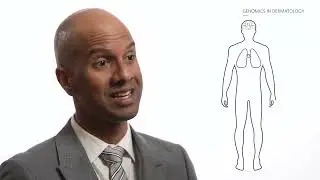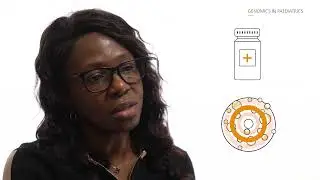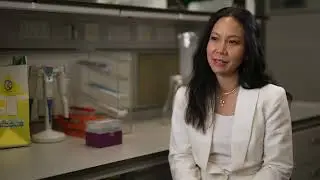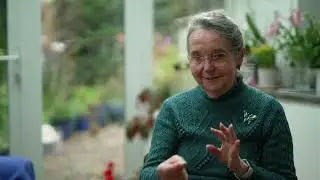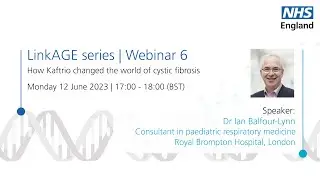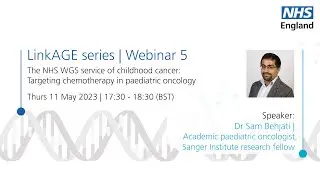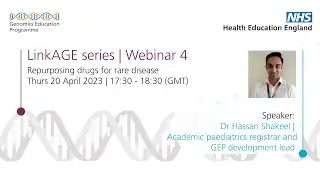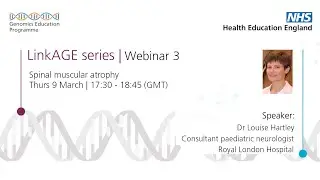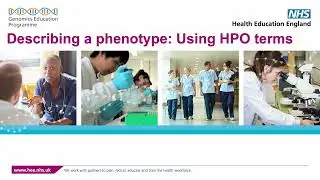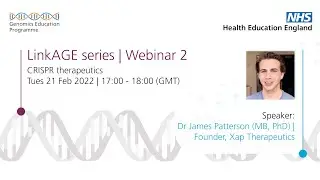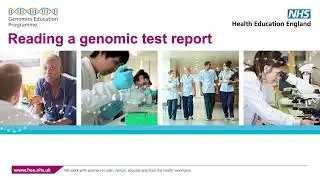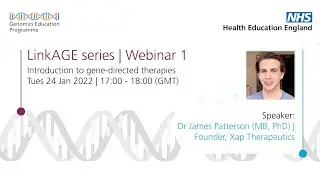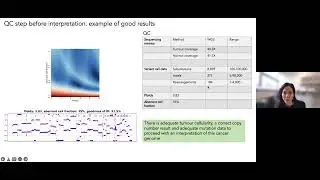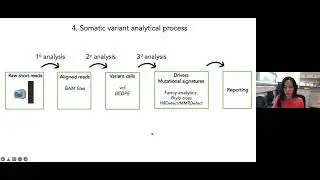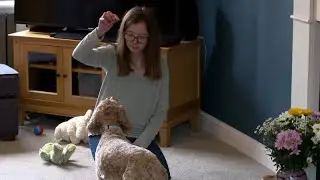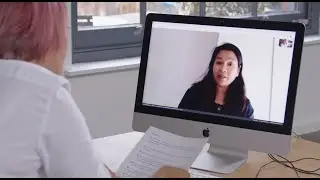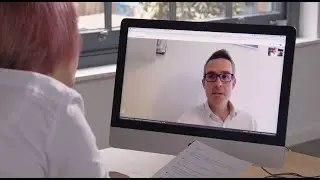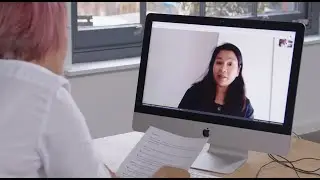Genomic Variants: Innocent Until Proven Guilty
Our 'Clinical Genetics in Action' series was created in collaboration with the Royal College of Physicians. The films were initiated at a meeting of the Joint Committee on Genomics in Medicine (The British Society for Genetic Medicine, The Royal College of Pathologists and The Royal College of Physicians), with development led by Dr Kate Tatton-Brown and Dr Katherine Josephs at St George's Hospital, London. Clinical Genetics is an area of medicine that is rapidly evolving as more genomic tests are developed and we learn more and more about the links between genes and disease. The series showcases some of the many breakthroughs in genomics and how they are changing the lives of patients, whilst also highlighting some of the challenges for healthcare professionals of using genomic technologies.
In this film, Dr Richard Scott, Consultant Clinical Geneticist at Great Ormond Street Hospital and Clinical Lead for Rare Disease for the 100,000 Genomes Project - https://www.genomicsengland.co.uk/abo... - discusses the complexities of interpreting genomic test results.
Dr Scott gives an example of a case he recently worked on where a little girl had genomic testing in an attempt to find a diagnosis for her health problems. The testing discovered a rare variant in a gene called PNKP that had been reported once before in another family who had undergone whole genome sequencing.
Dr Scott explains that given the (very limited) evidence, it was tempting to classify the variant as pathogenic (disease-causing), but that his expert team's knowledge of genomics enabled them to see that some of the girl's clinical features and her general development did not quite match with a variant in the gene in question. As a result, it was classified as a variant of uncertain significance.
Dr Scott discusses the challenges of conveying uncertainty to families, but emphasises the importance of not being hasty when it comes to classifying variants. As his case shows, time is often needed to gather enough evidence to say wither way whether a variant is disease-causing or not. Indeed, with more time, the variant originally identified was found in healthy people and therefore determined non-pathogenic; and later tests revealed another genetic variant that the team felt confident was the real cause of the girl's condition.
Dr Scott goes on to outline some of the potential consequences with making an incorrect diagnosis, such as unjustifiable worry in other family members and further genetic testing in search of an 'innocent' variant. The conclusion is that, though uncertainty is difficult to deal with, it is less damaging than wrongly classifying a variant as disease-causing.
Health Education England's Genomics Education Programme is developing a substantial education programme to inform healthcare professionals about the impact of genomics on clinical practice. This video is the one of the many educational resources from the programme.
For more information visit https://www.genomicseducation.hee.nhs.uk








